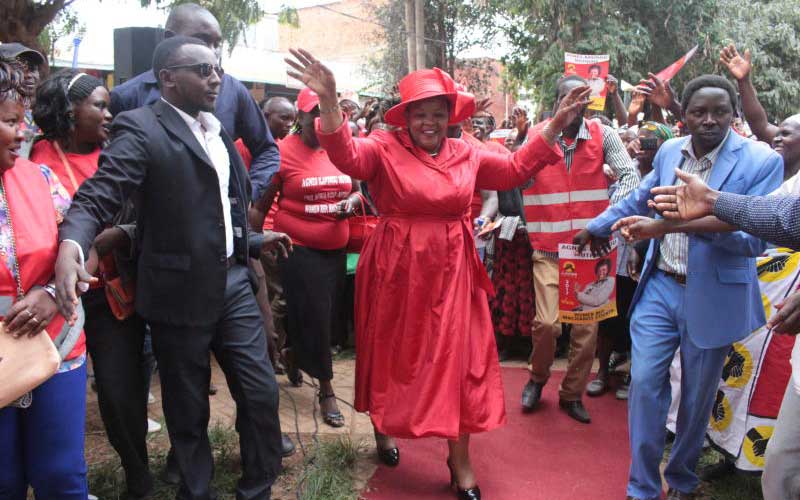×
The Standard e-Paper
Join Thousands Daily

The efforts of the divorced wife of former Machakos senator Johnston Muthama to stop him from evicting her from his home have flopped.
The High Court ruled that Agnes Kavindu Musyoka, who divorced the politician in 1983, was living on his property in Mua, Machakos County, at his will but not as a wife.